Spring 2023 Community Council Discussion Guide
Community councils are groups of Farm Bureau friends and neighbors who meet to discuss current events and how Farm Bureau might be a part of solutions.
Read MoreDiscussion topics include county and independent fairs, public library services, economic development and land use and participating in the Farm Bureau policy development process.
Social distancing, community events, broadband advocacy and balancing private ownership with public control are key discussion issues. Engaging in Farm Bureau’s policy development process continues to be important, too. Here are some Discussion Guides Ohio Farm Bureau staff has prepared that could lead to some friendly, heated conversations during cold winter evenings.
County and independent fairs provide important programs and opportunities for youth, businesses and local government. There are a variety of issues that impact communities over time. What role and benefits do county and independent fairs provide to address these changes? What traditions need to be preserved and what adjustments need to be made to fair programs?
Additional materials related to this topic include:
OFBF Website – Support Local at County Fairs, Farmers Markets: The article provides insight and perspective from Julie Holler, a local dairy farmer and Trumbull County Farm Bureau Board trustee.
Ohio Fair Managers Association – The Ohio Fair Managers Association is a voluntary, not-for-profit corporation, serving state, independent and county fairs, shows, exhibitions, and festivals. OFMA members provide products and services to its members, all of whom are interested in the improvement of Ohio’s agricultural fairs.
Ohio has over 250 public library systems and over 700 community outlets statewide. Technology coupled with new challenges addressing COVID-19 mean many libraries can no longer afford to operate like quiet, book-filled buildings. Libraries need to adapt and evolve.
Additional materials related to this topic include:
OFBF Website – Book Exchange Barn Features Accurate Agricultural Stories: Fulton County Farm Bureau members support a Book Exchange Barn located outside of their office in Pettisville, Ohio.
SHP Website – Seven Trends Shaping the Future of Libraries: Libraries have consistently evolved to keep pace with changing times, while providing a place for learning and community-building. But what must libraries consider to stay relevant in the communities they serve?
Property rights and the ability to responsibly use one’s land are fundamental principles supported by Farm Bureau members. For over a century, Farm Bureau members have worked with local government leaders and community stakeholders to employ zoning concepts, economic and community development planning to create effective strategies for land and resource use.
Over the last several years, more residents want to exercise influence and control over land beyond their property lines, and more farmers feel targeted. How can a grassroots approach starting with neighborhood discussion ensure effective local land use guidelines in the future?
Additional materials related to this topic include:
OFBF Website – SB 52 Changes Wind, Solar Landscape: A recently enacted piece of legislation regarding solar and wind power signals a shift in landowner rights when it comes to the location of these energy projects.
Iowa State University Website – Community Planning and Zoning: A comprehensive land use plan is designed to guide the future community action. It presents a vision for the future, with long-range goals and objectives for all activities.
Soon, county Farm Bureau leaders will meet with local governments, agencies and community stakeholders to identify issues and create draft policies for consideration at upcoming county annual meetings. Group input is part of our grassroots approach that leads to the creation of policy positions that guide the Farm Bureau at local, state and national levels.
Farm Bureau has several opportunities where members can pursue their interests and discuss issues affecting agriculture, food production and their community. This guide explores how community stakeholders get involved in policy discussion, as well as highlights the Community Council’s role in this process. We hope your group can provide valuable input to your county Farm Bureau Policy Development Committee, too.
Additional information/materials on this subject include:
OFBF Website – Following the Policy Development Process: Farm Bureau members define the positions the organization takes on issues affecting farmers and rural residents through
an annual policy development process. The grassroots approach leads to the creation of policy positions that guide legislative and regulatory action by the organization on
important issues.
OFBF Website – 2021 in Review for Ag and a Look Ahead: Get a recap of 2021 and an outlook for 2022 from an agricultural perspective with an economist, an agronomist and an agribusiness leader.
Community Councils archives, essential forms
Remember, participants are not limited to these discussion topics and materials – Feel free to discuss additional topics and issues generated from the local newspaper, other publications and/or key events happening in your neighborhood.
Need some additional help? Contact your county Farm Bureau office for assistance.
Councils can access the council roster, meeting summary sheet and activity sheet forms online.
Remember to send council meeting forms and correspondence directly to the county Farm Bureau.
Many of Farm Bureau’s action plans started with conversation around a kitchen table, living room or front porch; lively discussion continues to develop using web applications, too.
To join a community council, contact the county Farm Bureau office.
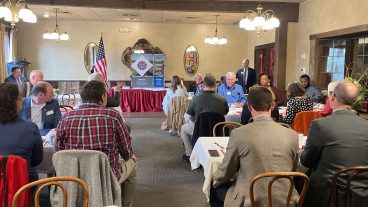
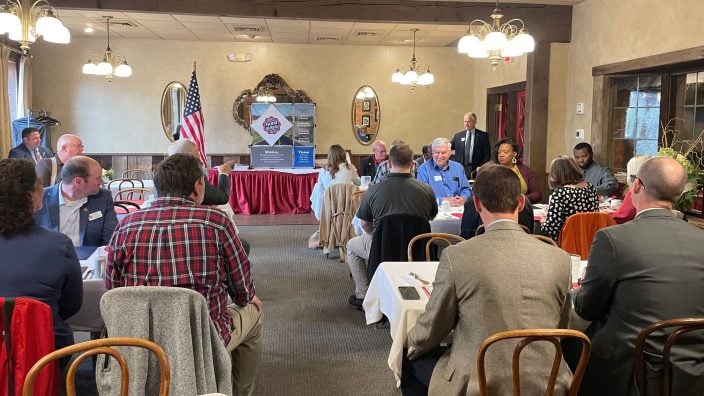
Community councils are groups of Farm Bureau friends and neighbors who meet to discuss current events and how Farm Bureau might be a part of solutions.
Read More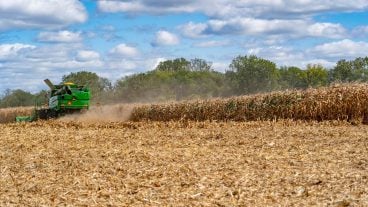
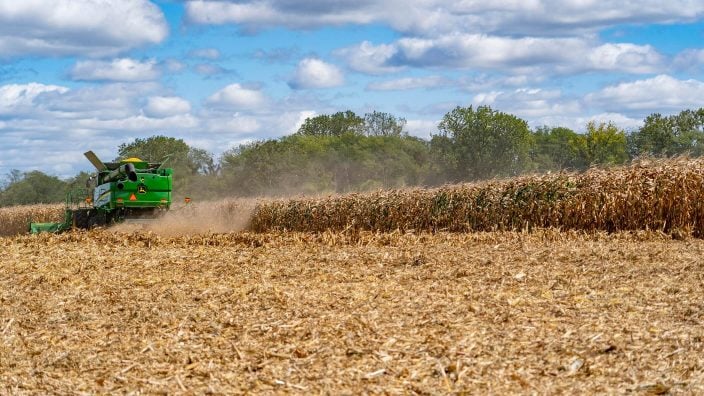
Ohio Farm Bureau provides discussion topics that may help members generate policy suggestions and local programming for the county Farm Bureau.
Read More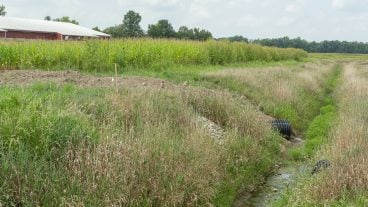
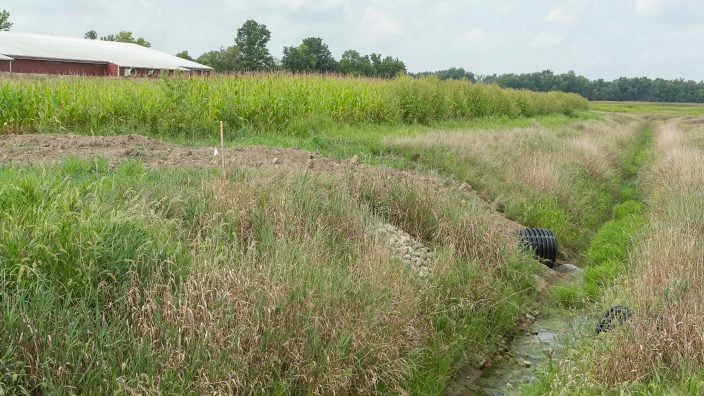
Discussion topics include drainage management and Conservancy Districts in Ohio.
Read More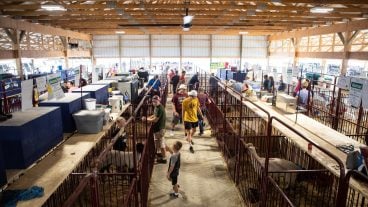
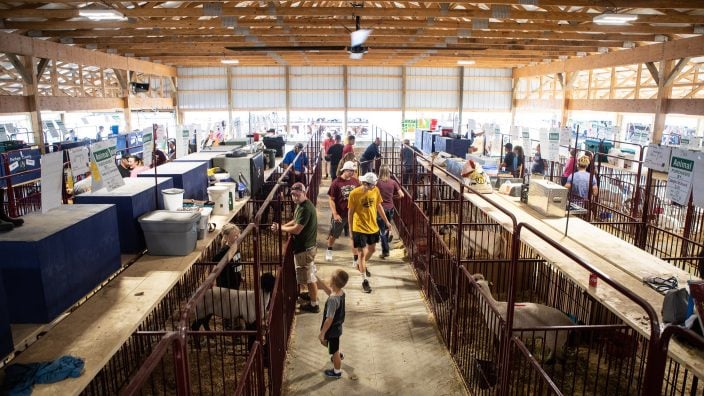
Discussion topics include county and independent fairs, public library services, economic development and land use and participating in the Farm Bureau policy development process.
Read More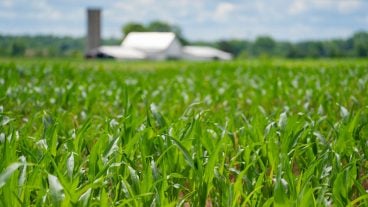
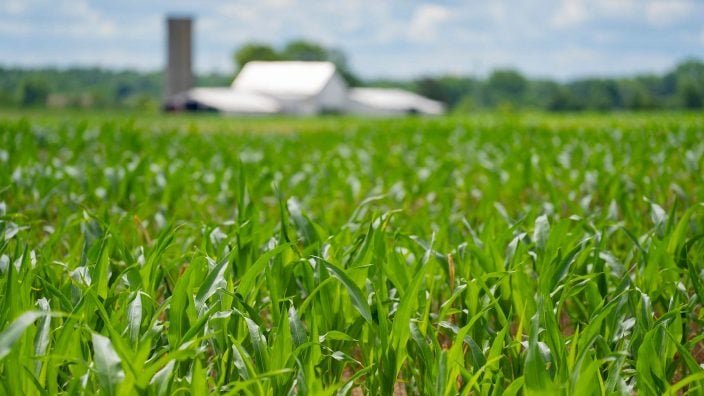
Topics include capital gains and stepped-up basis, the policy development process and the pandemic’s impact on rural health care now and in the future.
Read More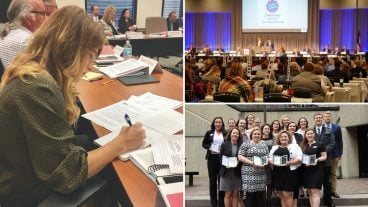
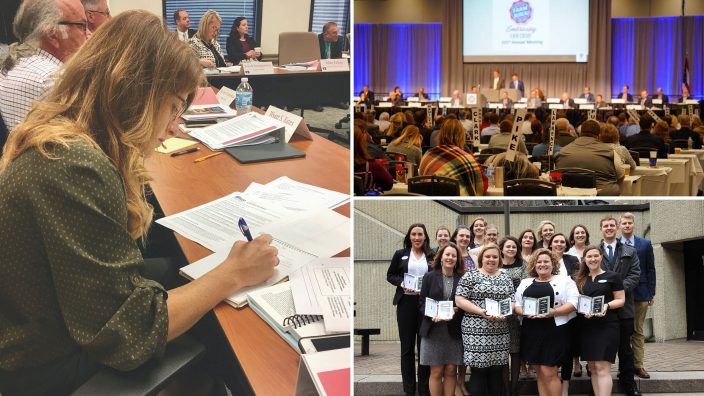
The summer council packet has two new discussion guides; one related to policy development and the other focused on Farm…
Read More
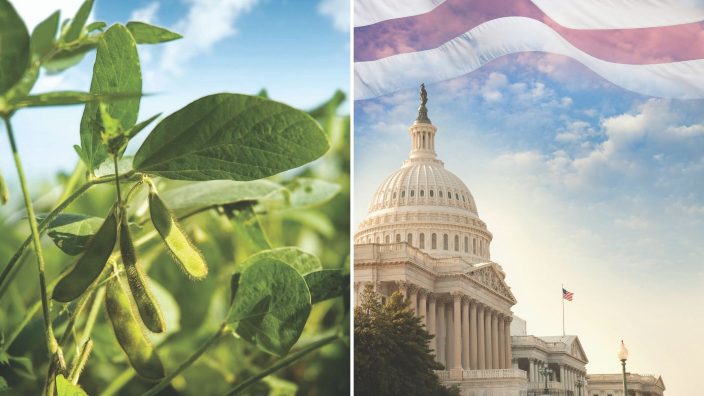
The winter council packet has two new discussion guides; both feature issues briefings directly from American Farm Bureau Federation policy….
Read More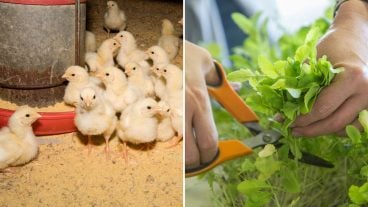
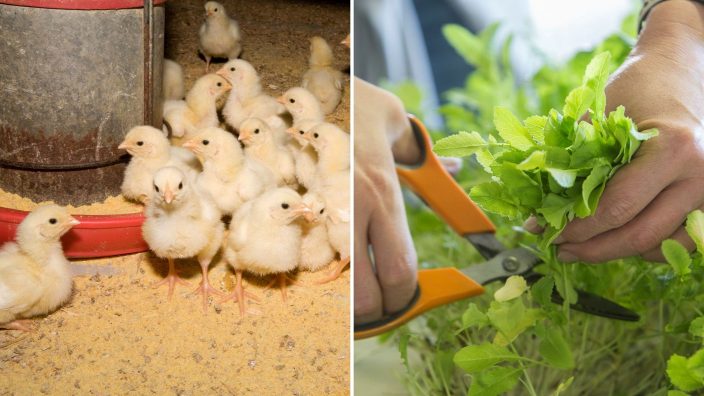
The fall council packet has two new discussion guides; both feature issues briefings directly from American Farm Bureau Federation policy….
Read More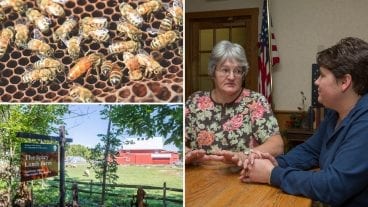
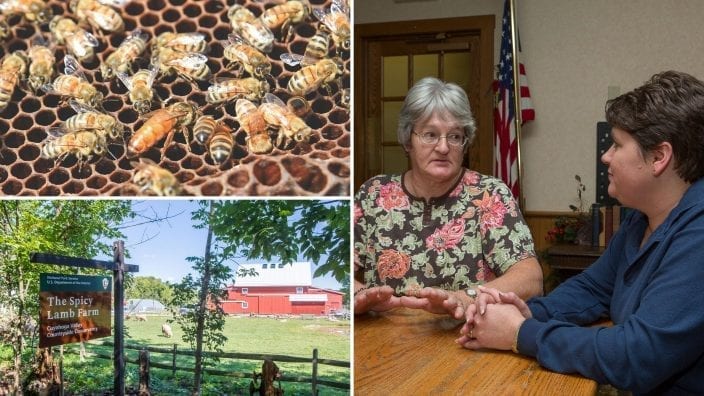
The summer council packet has two new discussion guides; both feature issues briefings directly from American Farm Bureau Federation policy….
Read More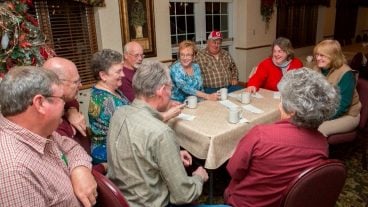
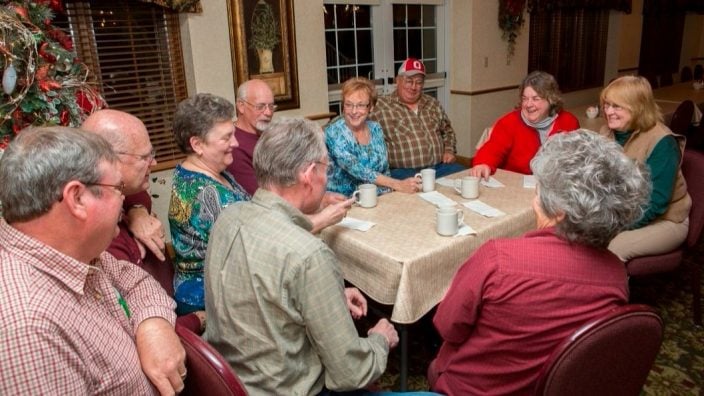
The Winter/Spring 2018 Discussion Guide for Community Councils includes four discussion topics, giving groups a few options for meetings scheduled throughout winter and into…
Read More